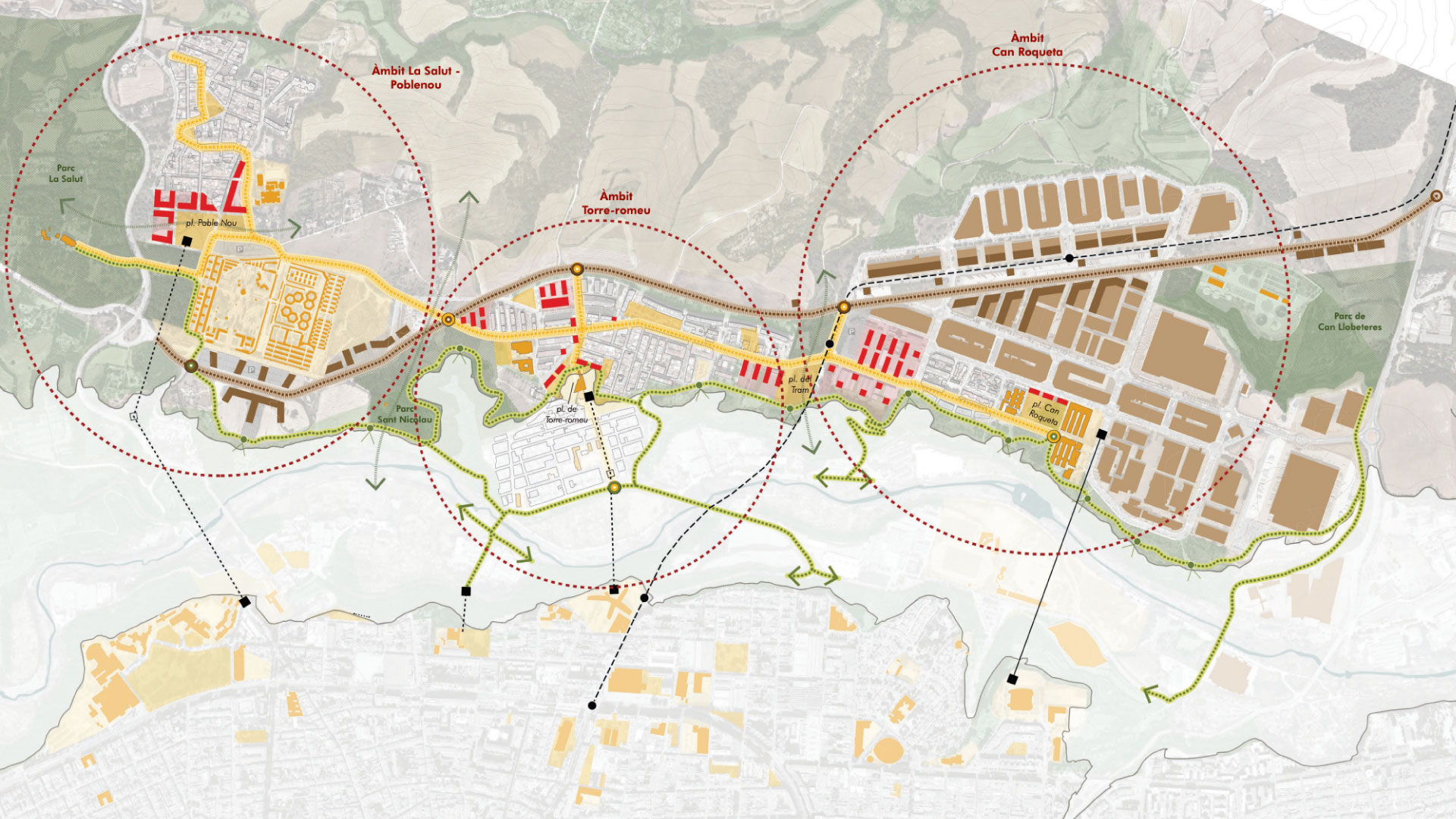Rethinking Urbanism on World Urbanism Day: A Call for Collective Action

Today, on World Urbanism Day, and in the wake of the devastating events in the Valencian Country, we want to underscore the essential role of urban planning in managing our relationship with the environment. This tragic moment reminds us of the profound impact that urbanism has on our ability to adapt and respond to natural events—and that sustainable planning goes beyond just the layout of cities and infrastructure.
Urbanism is not merely about the distribution of spaces; it’s about prioritizing prevention, adaptation, and collective responsibility. As we confront these kinds of challenges, sustainable urban planning becomes a critical tool to minimize risks and protect both lives and ecosystems. When our cities and landscapes are designed with an understanding of the natural environment, we’re able to face these challenges with greater resilience and foresight, reducing the harm to communities and allowing for faster recovery.
However, the process of urban planning cannot be a solitary, office-bound task. It requires the shared commitment of multiple actors—government institutions, social organizations, professionals, and local communities—working in unison. Effective land management demands that we consider not just immediate urban needs, but also the long-term preservation of the landscape and ecosystems that act as natural defenses. Overdevelopment, mass construction, and the sealing of soils increase vulnerability to environmental disasters, while the false certainty that we can simply “engineer” our way out of nature’s course only aggravates these risks.
In light of this, it’s imperative that we come together as a society to rethink the ways we inhabit and shape our spaces—not just to mitigate the effects of extreme weather, but to anticipate and prevent them. On this World Urbanism Day, let’s advocate for a territorial model that respects the land, one that listens to the landscape and adapts to both its needs and those of the people who live there. This requires more than just policy change; it requires a cultural shift toward valuing our environment as a partner, not an obstacle, in our journey toward sustainable and resilient communities.
The urgency of this shift cannot be overstated, especially in a world increasingly affected by climate change. Adopting thoughtful urban planning practices will not only safeguard our communities but also ensure that we leave a livable, resilient environment for future generations. Today, let’s recognize urbanism as a vital component of climate action and commit to building a future that integrates people and the planet with a shared vision of sustainability and respect.
Words of:
Marc Deu Ferrer
Publication date:
08/11/2024
Originally written in:
catalan
Tags:
Everyday life / Sustainable
mobility / Biodiversity /
Public space
